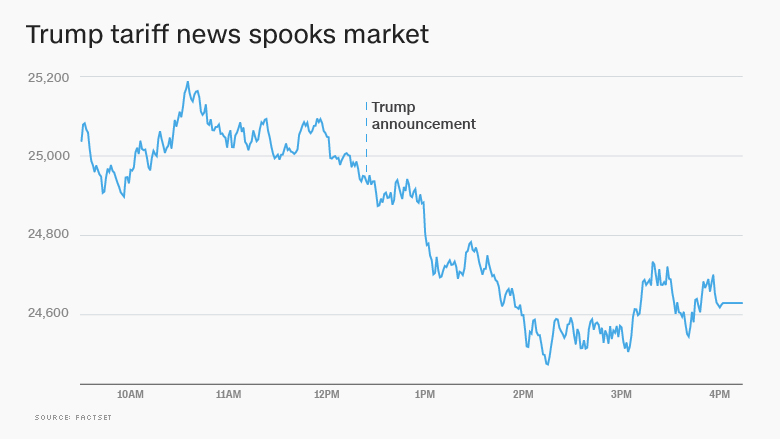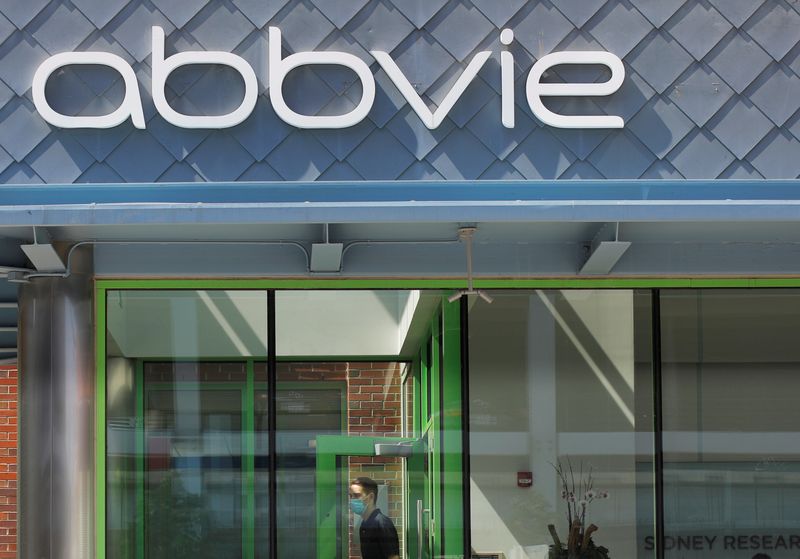Hollywood's Nepo Baby Problem: Talent, Privilege, And The Path To Success

Table of Contents
The Definition and Prevalence of "Nepo Babies" in Hollywood
A "nepo baby," short for "nepotism baby," is an individual who benefits from the connections and influence of their famous parents within a specific industry, in this case, Hollywood. This often translates to easier access to opportunities that are typically inaccessible to others. The term has gained significant traction recently, sparking debates about fairness and meritocracy in the entertainment world.
Examples of prominent nepo babies abound. Consider Maya Hawke (daughter of Uma Thurman and Ethan Hawke), whose acting career has flourished, benefiting from the established networks of her parents. Similarly, Zoë Kravitz (daughter of Lenny Kravitz and Lisa Bonet) has enjoyed a successful career in both acting and modeling. These are just two prominent examples among many.
Quantifying the exact prevalence of nepotism in Hollywood is challenging due to the lack of readily available data. However, anecdotal evidence and casual observation suggest a significant presence of celebrity children in prominent roles. Further research is needed to gather comprehensive statistics on the representation of nepo babies compared to those without familial connections in leading roles, directing, producing, and other key positions.
- Examples of successful nepo babies:
- Maya Hawke (Uma Thurman and Ethan Hawke)
- Zoë Kravitz (Lenny Kravitz and Lisa Bonet)
- Lily Collins (Phil Collins)
- Kate Hudson (Goldie Hawn and Kurt Russell)
- Dakota Johnson (Melanie Griffith and Don Johnson)
- Statistical data: While concrete numbers are scarce, qualitative analyses of casting choices and industry power structures point to a statistically significant presence of nepo babies in Hollywood.
- Studies and reports: Though limited, several articles and opinion pieces in prominent publications have explored the issue of Hollywood nepotism, albeit mainly focusing on qualitative assessments.
The Advantages and Disadvantages of a Privileged Background
The advantages afforded to nepo babies are undeniable. Their connections within the industry provide a significant head start compared to those without similar backgrounds.
Access and Networking
- Easier access to auditions: A simple phone call to a family friend can open doors that remain firmly shut for others.
- Established agents and managers: Nepo babies often inherit established relationships with powerful agents and managers who are more inclined to represent them.
- Mentorship and guidance: The benefit of having successful parents in the industry who can offer invaluable advice, support, and mentorship is immense.
- Direct connections to directors and producers: These connections can lead to immediate casting calls or opportunities to work on major productions.
The Burden of Expectation and Legacy
However, the privileged background also brings significant burdens. The constant comparisons to their parents and the pressure to live up to their family's reputation create immense stress.
- The pressure to succeed: The expectation to be equally, if not more, successful than their parents is immense.
- Constant comparisons to parents: Their performances are often scrutinized with a harsher lens, frequently measured against their parents' achievements.
- Potential for harsher criticism: Any perceived failure is often amplified due to their privileged starting point. This can lead to intense public scrutiny.
- The struggle for independence: Proving their talent and establishing their own identities independently of their family name is an ongoing challenge.
The Impact on Industry Diversity and Inclusivity
The prevalence of nepotism raises serious concerns about diversity and inclusivity in Hollywood.
- Lack of diversity: The concentration of power within established families can limit opportunities for individuals from underrepresented backgrounds who lack similar connections.
- Limited opportunities for those without connections: The inherent bias towards those with established networks creates an uneven playing field.
- Perpetuation of existing power structures: Nepotism contributes to the maintenance of the status quo, further hindering opportunities for those from marginalized communities.
Talent vs. Privilege: Separating Fact from Perception
The crucial question remains: how much of a nepo baby's success is attributable to genuine talent, and how much is due to privilege? It's essential to avoid sweeping generalizations. While some may undoubtedly benefit solely from their connections, many nepo babies have undeniable talent and work ethic.
- Examples of nepo babies who have demonstrated exceptional talent: Some nepo babies have proven their skills through consistent hard work and remarkable performances, earning critical acclaim.
- Examples of those who have not lived up to expectations: Not all nepo babies succeed, highlighting the fact that talent alone, even with privilege, does not guarantee success.
- The impact of media portrayal and public perception: Media narratives surrounding nepo babies often shape public perception, sometimes overshadowing the individual's genuine talent or effort.
Conclusion
This article has explored the multifaceted issue of Hollywood nepotism, examining the definition of a "nepo baby," the inherent advantages and disadvantages of a privileged background, and the ongoing debate concerning the balance between talent and privilege. While acknowledging the undeniable benefits of connections, we must also recognize the potential negative impacts on diversity and inclusivity within the industry.
The "nepo baby" debate is far from over. By understanding the complex interplay of talent and privilege, we can work towards a more inclusive and equitable future in Hollywood. Let's continue the conversation about fair access and opportunity for all aspiring artists, addressing the pervasive issue of Hollywood nepotism and creating pathways for success based on merit, not merely lineage. We need to ensure a level playing field where talent and hard work, not family connections, determine success in the entertainment industry.

Featured Posts
-
 Stock Market Reaction Impact Of Chinas Economic Plans And Dow Futures Volatility
Apr 26, 2025
Stock Market Reaction Impact Of Chinas Economic Plans And Dow Futures Volatility
Apr 26, 2025 -
 Abb Vie Abbv Increased Profit Forecast Driven By New Drug Performance
Apr 26, 2025
Abb Vie Abbv Increased Profit Forecast Driven By New Drug Performance
Apr 26, 2025 -
 Nfl Draft 2024 First Round In Green Bay
Apr 26, 2025
Nfl Draft 2024 First Round In Green Bay
Apr 26, 2025 -
 Thaksins Return Implications For Thai Us Trade Relations And Tariff Negotiations
Apr 26, 2025
Thaksins Return Implications For Thai Us Trade Relations And Tariff Negotiations
Apr 26, 2025 -
 Navigating The Chinese Market The Struggles Of Bmw Porsche And Competitors
Apr 26, 2025
Navigating The Chinese Market The Struggles Of Bmw Porsche And Competitors
Apr 26, 2025
Latest Posts
-
 Grand National Horse Mortality Statistics 2025 Perspective
Apr 27, 2025
Grand National Horse Mortality Statistics 2025 Perspective
Apr 27, 2025 -
 The Number Of Horse Deaths At The Grand National Ahead Of The 2025 Race
Apr 27, 2025
The Number Of Horse Deaths At The Grand National Ahead Of The 2025 Race
Apr 27, 2025 -
 Grand National 2025 Examining The History Of Horse Fatalities
Apr 27, 2025
Grand National 2025 Examining The History Of Horse Fatalities
Apr 27, 2025 -
 How Many Horses Have Died At The Grand National A Pre 2025 Analysis
Apr 27, 2025
How Many Horses Have Died At The Grand National A Pre 2025 Analysis
Apr 27, 2025 -
 Grand National Horse Deaths A Look At The Toll Before 2025
Apr 27, 2025
Grand National Horse Deaths A Look At The Toll Before 2025
Apr 27, 2025
